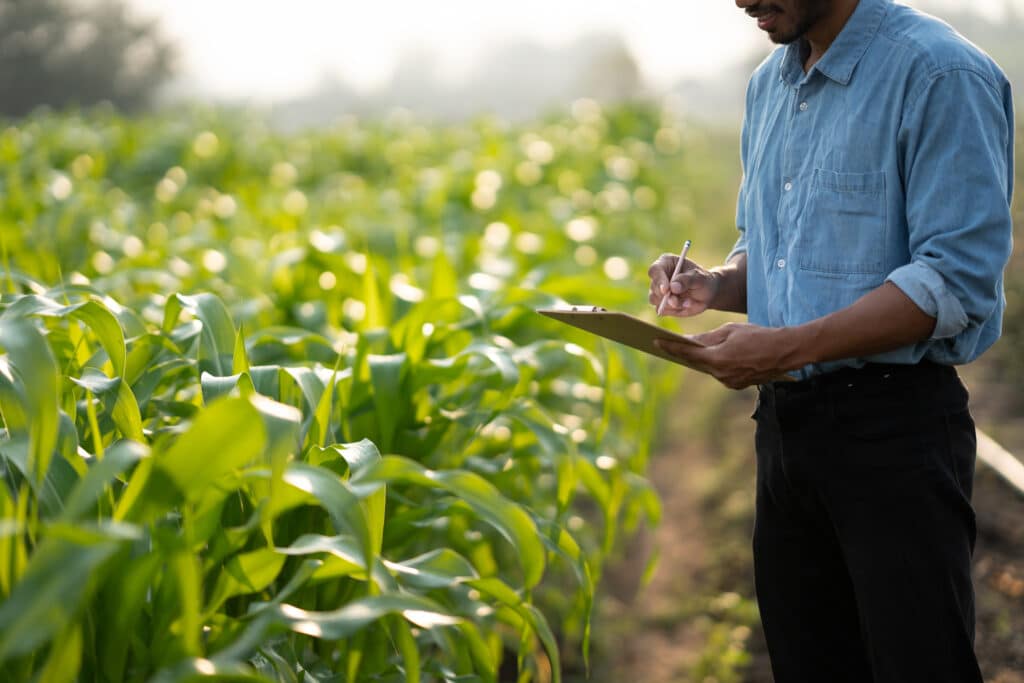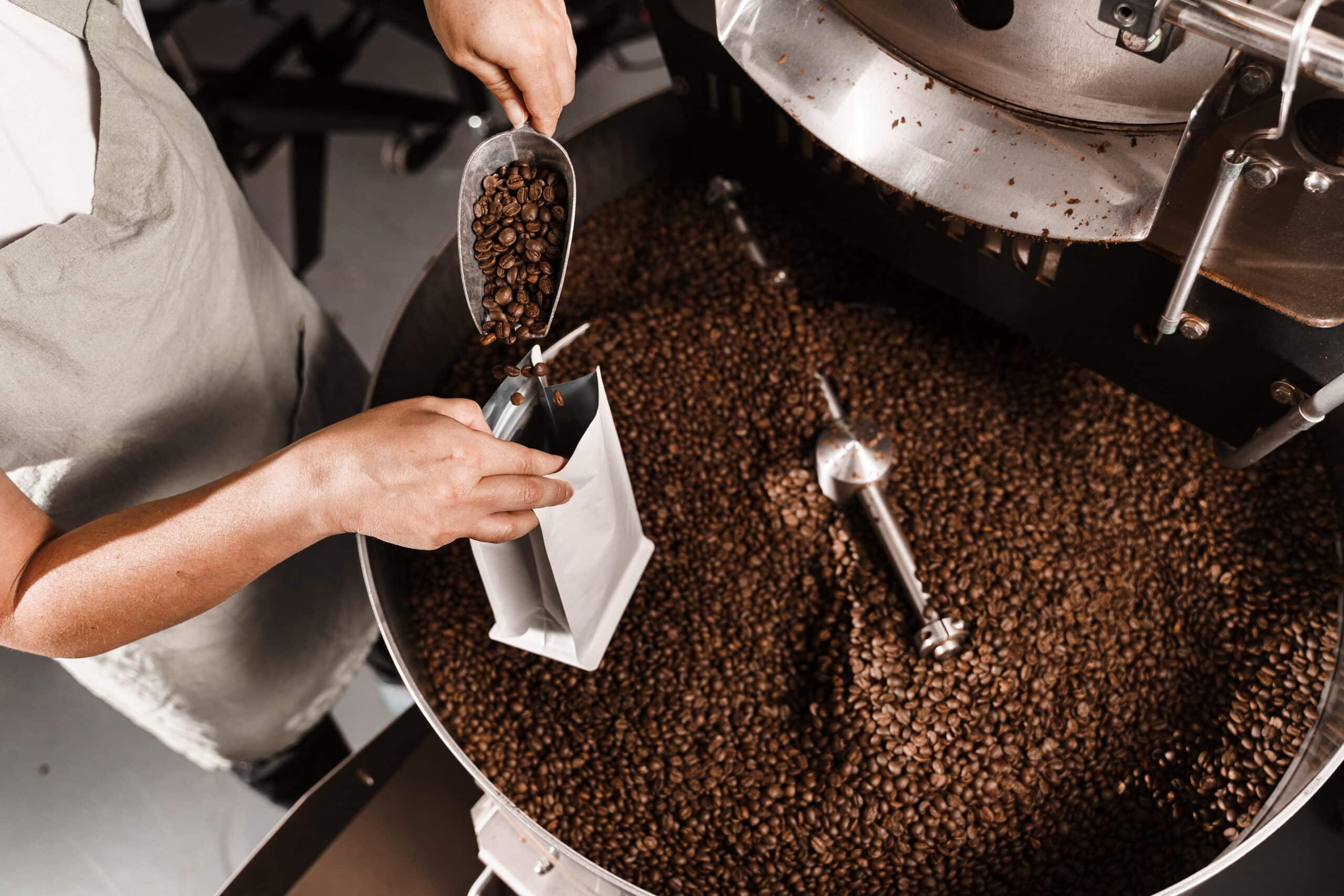Farrelly Mitchell offers insights on food supply disruption in our report, Supply Chains and Food Security: Assessing the Impact of Disruptive Forces. This report leverages our regional and international expertise, along with extensive data from government and business sources.
The global coronavirus pandemic in 2020 highlighted the external risks to agri-food supply chains. Unlike past disruptions caused by financial crises or conflicts, this time the threat came from a virus, underscoring the unpredictable nature of challenges to food security.
Such pandemics, predicted to arise more often, and the ever-increasing difficulties posed by global warming show that evolving and improving our food supply chains is essential.
Not only do these disruptors demand a capable response but there should also be a proactive approach to improvement as complacent belief in the supply chain status quo leaves us unnecessarily vulnerable to known and unknown threats to our food security.
Over $1.1 trillion worth of agricultural produce is traded worldwide each year, indicating the complexity and scale of the international market.
Our analysts have taken an in-depth look at the disruptors that blindsided us in the past and the present, and perhaps looming larger than all, the challenge to food supply posed by climate change, along with our recommendations in tackling these, building a more robust system.
The Nature of Modern Food Supply
The report first looks at the nature of our globalised food supply chain. The strengths associated with modern food supplies have produced great efficiencies in how our food and beverage produce reaches around the planet, for the best possible commercial outcomes in the most optimal times.
Despite the fantastic outcomes technology has made possible, there are some glaring weaknesses in how the chain operates, weaknesses that are fully exposed at times of crisis wrought by economics, health, natural disaster and political events that blindside our complacency.
The repercussions are financially painful but the threat to human health and life on the planet itself are more lasting.
Recent Disruptions Exposing Limitations
In recent times, we have experienced the full range of disruptions and the report examines some of these. The Great Japanese Earthquake hit Japan financially, but it has also had to overcome significant reputational damage.
The corona virus and the Beirut explosion have also shown the limits of our systems. If any good emerges from these difficulties it is the human ability to learn and improve its food security resilience.
The Lebanese explosion in particular highlights the dangers of poor policy making, lack of contingency and neglect of food supply strategy to threaten the very existence of a nation.
That country failed to prioritise its food security ahead of political conflict. A failure to diversify supply lines and promote self-sufficiency leaves it extremely vulnerable as this report is launched.
Over 70% of trade in food and agriculture products originates in just 10 countries, with oilseeds, cereals, meat and dairy among the most concentrated food groups. As these comparative advantages are maximised, the potential for black swan events to cause major disruption increases.
More consequential internationally is the well-telegraphed threat posed by climate change and the way we think of our food supply system must adapt to curb global warming.
We look at how global warming can impact crops and national food security generally and what we can consider in diminishing worst-case scenarios.
Saudi and Swiss Leading by Example
Some areas of the world offer great hope through their example in managing food security despite poor natural resources.
Saudi Arabia and Switzerland offer best practice approaches the international community can learn from in maintaining food security, especially when coping with unforeseen circumstances.
Saudi Arabia has learned to develop contingency and variability of supply over many decades in response to harsh climatic conditions and its location close to areas of human conflict.
The country is now embracing technology in a bid to overcome what it lacks from a food growth perspective.
Switzerland shows the kind of approach that can be hugely beneficial in terms of contingency. We also look at Sub-Saharan Africa and that region’s complexities, at once huge in potential, but still held back by problematic governance and access to finance.
Our recommendations draw from all of this experience, with our regional management offering insight into how humanity builds its food supply chains into the future.
Discover the latest food supply chain trends
As seen with the Beirut explosion and the Covid-19 pandemic, any number of unforeseen disasters can cause widespread disruption to food production and food security. To mitigate the risks posed by such disasters, the agrifood industry must work toward building more resilient, sustainable, and reliable food systems.
At Farrelly Mitchell, our food systems specialists deliver strategic solutions aimed at enhancing food security, increasing food production, and reducing food loss & waste. Through our risk analysis & management services, we can identify potential disruptions and implement strategies to proactively address them and future-proof your business operations. To learn more, contact Farrelly Mitchell today.














